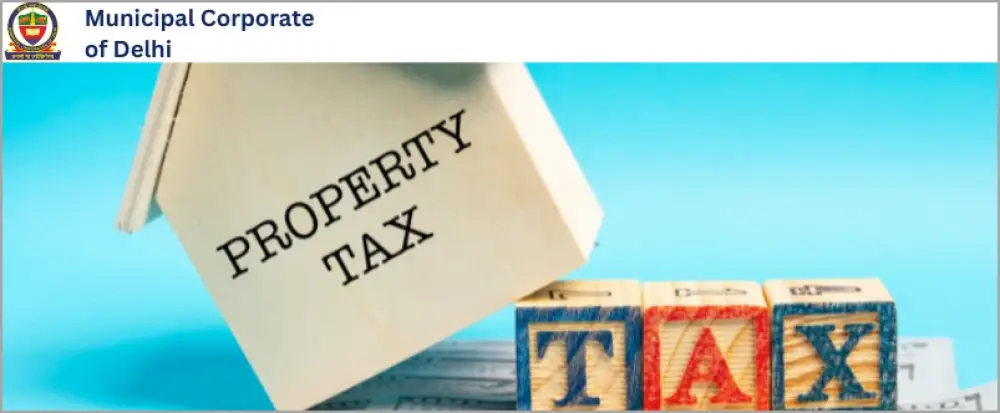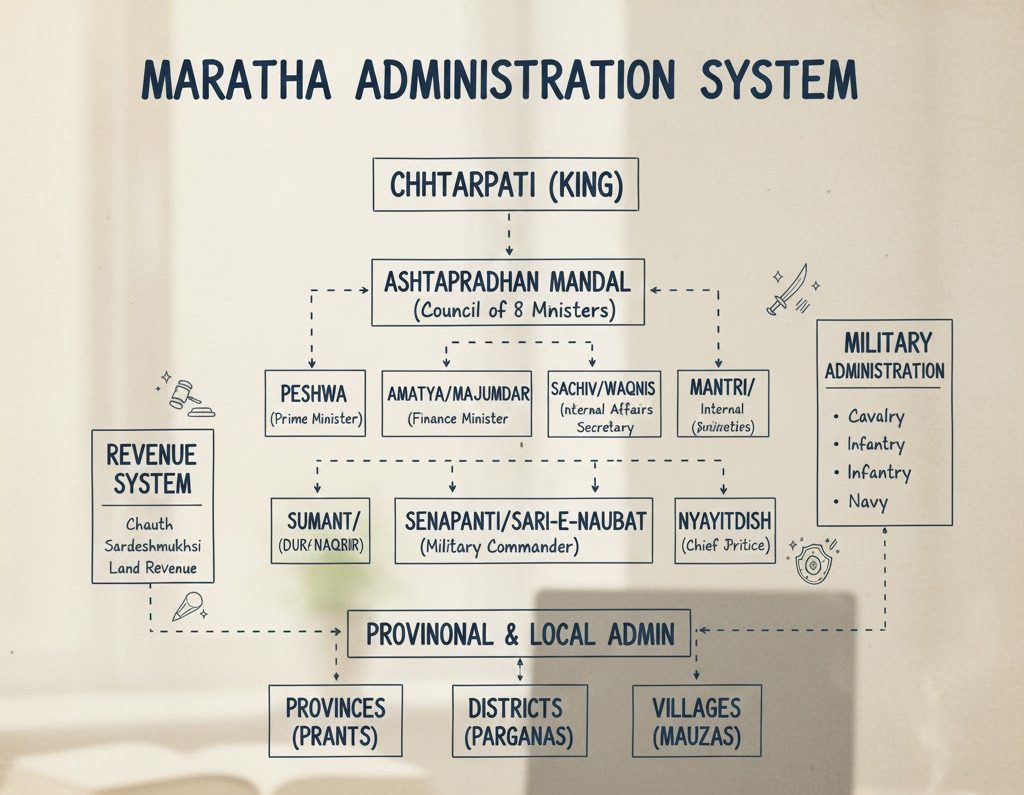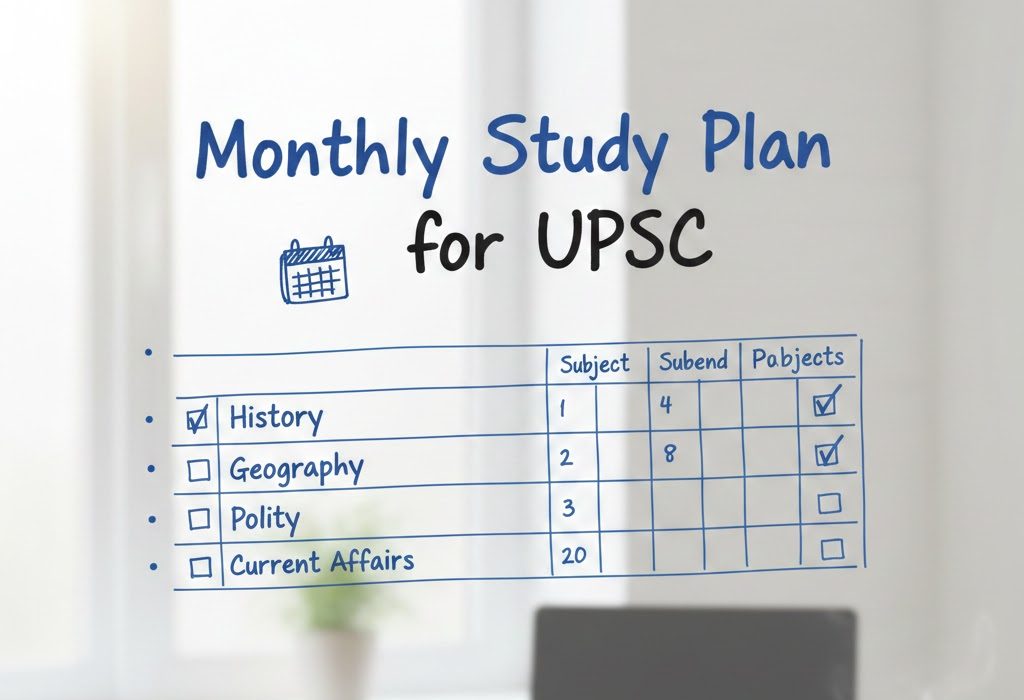SUNIYO Scheme: Impact on Delhi’s Property Tax and Fiscal Health
The Municipal Corporation of Delhi (MCD) has extended its one-time property tax amnesty scheme — SUNIYO (Sampattikar Niptaan Yojana) — by three months, providing taxpayers another opportunity to clear pending property tax dues with significant benefits.Learn how the scheme improves fiscal health and public services in Delhi.

What is MCD’s SUNIYO Scheme?
Sampattikar Niptaan Yojana (SUNIYO) is an amnesty scheme launched by the MCD for the financial year 2025-26 to recover long-pending property tax arrears. The scheme aims to incentivise taxpayers to clear their dues by offering substantial financial relief.
Key Features of the SUNIYO Scheme:
-
Objective:
The primary goal is to encourage taxpayers to settle their outstanding property tax dues by providing a complete waiver on interest and penalties for dues accumulated prior to the financial year 2020-21. -
Waiver Benefit:
The scheme waives off interest and penalties on pending property tax dues for the period before 2020-21. However, to avail of this benefit, taxpayers are required to clear the principal amount for the current financial year (2025-26) along with the principal arrears for the years 2020-21 to 2024-25. -
Extended Timeline:
Initially launched in June 2025, the scheme was given a three-month extension until December 31, 2025. During this period, taxpayers will need to pay the principal dues, but a 2% late fee will be applicable on principal amounts paid from October 1 to December 31, 2025.
How Does the Scheme Help Improve the Fiscal Health of Local Bodies?
The SUNIYO scheme serves as a strategic tool to improve the fiscal health of urban local bodies like the MCD, providing a financial boost and improving the long-term stability of municipal revenue.
1. Immediate Revenue Boost:
One of the scheme’s biggest advantages is its ability to generate immediate revenue for the MCD. By offering a waiver on interest and penalties, the scheme motivates a large number of defaulters to pay their principal property tax amounts. This has resulted in a significant inflow of cash for the municipality.
Progress so far:
Nearly 1 lakh taxpayers have already availed of the scheme, leading to a total property tax collection of ~₹2,000 crore for FY 2025-26. This immediate revenue influx is a crucial boost to the fiscal resources of the MCD.
2. Expanding the Taxpayer Base:
The scheme helps bring previous non-filers or chronic defaulters back into the tax fold. This has led to an approximate 20% increase in the taxpayer base compared to the same period last year. A broader taxpayer base is vital for the long-term fiscal health of the MCD, ensuring more stable and predictable revenue streams in the future.
3. Cleaning Up Legacy Dues:
The scheme also helps in clearing old, disputed, and hard-to-recover arrears. By settling these legacy dues, the MCD can begin with a cleaner financial slate. This not only helps streamline financial operations but also allows for more accurate revenue forecasting and better management of current taxes. Reducing the backlog of unpaid dues ensures more efficient governance and prevents administrative gridlock caused by prolonged disputes.
4. Funding Essential Services:
Enhanced revenue from the SUNIYO scheme is vital for funding critical civic services. The MCD can use the funds to support key public services, such as:
-
Sanitation and waste management: Ensuring cleanliness in the city.
-
Public health initiatives: Such as fogging to combat vector-borne diseases.
-
Infrastructure maintenance: Repairing and upgrading roads, streetlights, and other essential facilities.
With a more robust revenue base, the MCD is better positioned to meet its budgetary requirements for these services and improve living conditions for Delhi residents.
Conclusion:
The SUNIYO scheme represents a win-win strategy for both the MCD and taxpayers. For the MCD, it offers an opportunity to recover significant dues, clean up legacy arrears, and bolster revenue for essential services. For taxpayers, it provides an incentive to settle their dues with the relief of avoiding interest and penalties. However, to ensure long-term sustainability, the MCD must work towards reducing reliance on schemes like SUNIYO by fostering a more consistent tax compliance culture.
As more taxpayers avail of the scheme, the MCD can expect increased revenue, which will have a positive impact on the fiscal health of the local body. The extension of the deadline gives more people a chance to clear their dues, supporting municipal growth and enabling improved governance.
Subscribe to our Youtube Channel for more Valuable Content – TheStudyias
Download the App to Subscribe to our Courses – Thestudyias
The Source’s Authority and Ownership of the Article is Claimed By THE STUDY IAS BY MANIKANT SINGH





